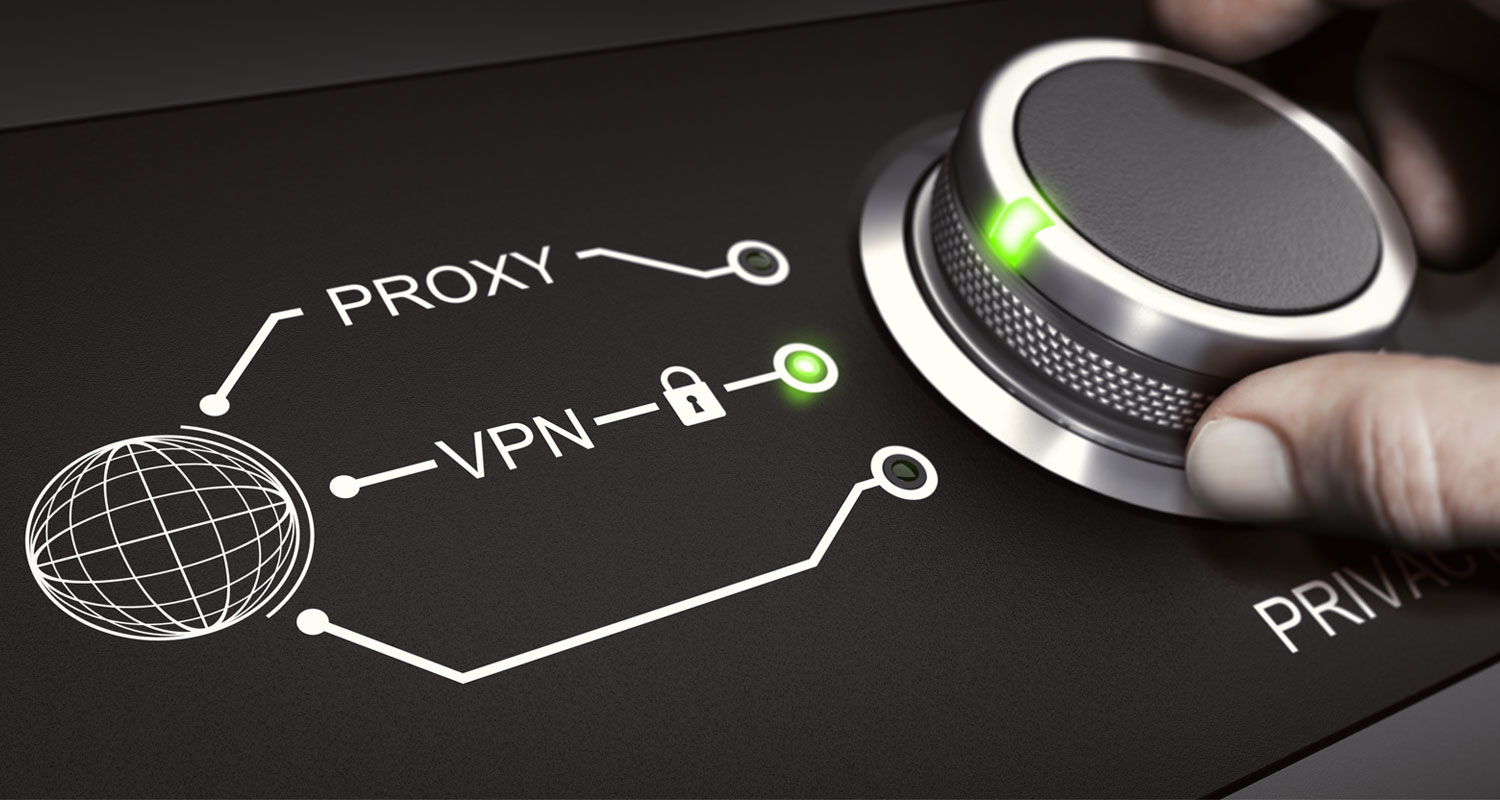 For today’s Internet users, a virtual private network (VPN) is nothing new. The number of VPN users is growing every day, but only a few years ago, there were very few. Many individuals are still unfamiliar with this term nowadays. The growing popularity of VPNs raises the question of what a VPN is and if you should use one.
For today’s Internet users, a virtual private network (VPN) is nothing new. The number of VPN users is growing every day, but only a few years ago, there were very few. Many individuals are still unfamiliar with this term nowadays. The growing popularity of VPNs raises the question of what a VPN is and if you should use one.
Understanding VPN technology
A VPN allows you to connect to another network via the Internet in a safe manner. VPNs can be used to access region-locked websites, protect your browsing activity on public Wi-Fi from snoopers, and more. VPNs are very popular these days, but not for the reasons they were established. Originally, they were only a technique to securely connect business networks over the Internet or to be able to access a business network from your home.
Apart from security, VPNs have several other advantages that make them worthwhile to use. Here are some of the most common reasons people use VPNs at home or at work:
1. Security and safety
The safety feature of a VPN is the first and most significant reason why people use one. It creates an encrypted channel for data transfer between your device and the host site. This eliminates all possibilities of data snooping and eavesdropping. Even your Internet service provider is unable to view or trace your data.
2. Breaking geographical barriers
The Internet offers an unlimited supply of pleasure and information, but these resources are not available to everyone. The majority of online content is geo-restricted. This means that the content is only available to users in specific geographic areas, while people from other parts of the world are forbidden access. Through its distant servers, a VPN service allows its customers to bypass geo-restrictions and surf the Internet from anywhere in the globe.
3. Anonymity
Another important reason why people opt to use a VPN is that it protects and maintains their anonymity. A VPN allows users to access the Internet from a variety of servers across the world. This way, all traffic is directed to and from the server, and even the host site is unaware of your location or identity. Because no one can track your information using your personal details, anonymity can also help defend you from targeted cyberattacks.
4. Prevent a digital file from being stolen
Through your Web traffic, advertising networks like Facebook, Google and Twitter are continually collecting information about you. They can offer you targeted advertising using this information, but they are also free to sell this information to a third party. These networks will have a tougher time collecting information on you if you encrypt your traffic with a VPN. They’ll also have less of an impact on what you view on the Internet.
5. Connect to your company’s network
More and more organisations are allowing employees to work from home or overseas, for example. To access the corporate network from home, some people use a VPN to connect to the Internet. This allows people to work safely and effectively from home.
The importance of online security
Perhaps you’re debating whether or not a VPN is truly necessary.
The Internet is becoming an increasingly important element of our life. We use it to do our banking, communicate with friends, check our medical records, and work. It’s critical that none of this personal information ends up on the street. After all, you don’t just throw away your bank statements. You face the danger of hackers, governments, your Internet provider, websites, your company, and others learning more about you than you want if you don’t safeguard your Internet connection. A VPN protects your data from all of these entities.
- This promoted content was paid for by the party concerned




